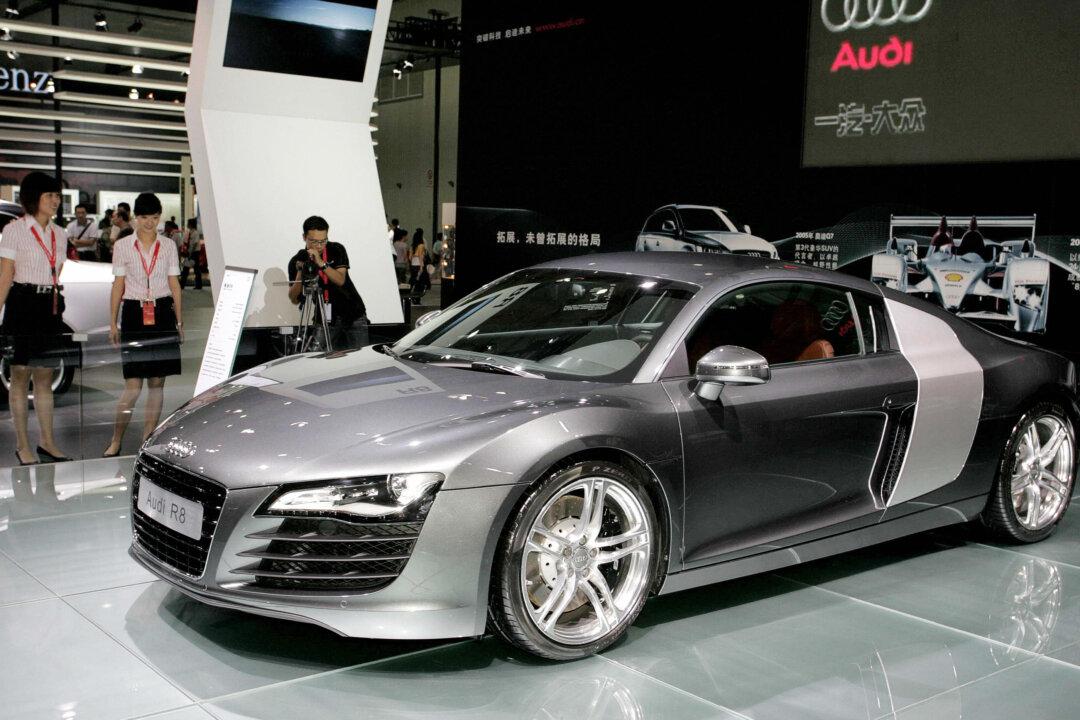An article posted on Chinese social media platform WeChat quickly went viral for exposing health problems associated with toxic parts allegedly foundin Chinese-built Audi cars. Following the article’s publication, 3,000 people spoke out to say that they had developed health conditions from toxic parts used in their Audi cars, which had been built in China.
The article, posted March 8, was allegedly written by the families of six leukemia patients who contracted the disease after “they all bought [Chinese-made] Audis.”





